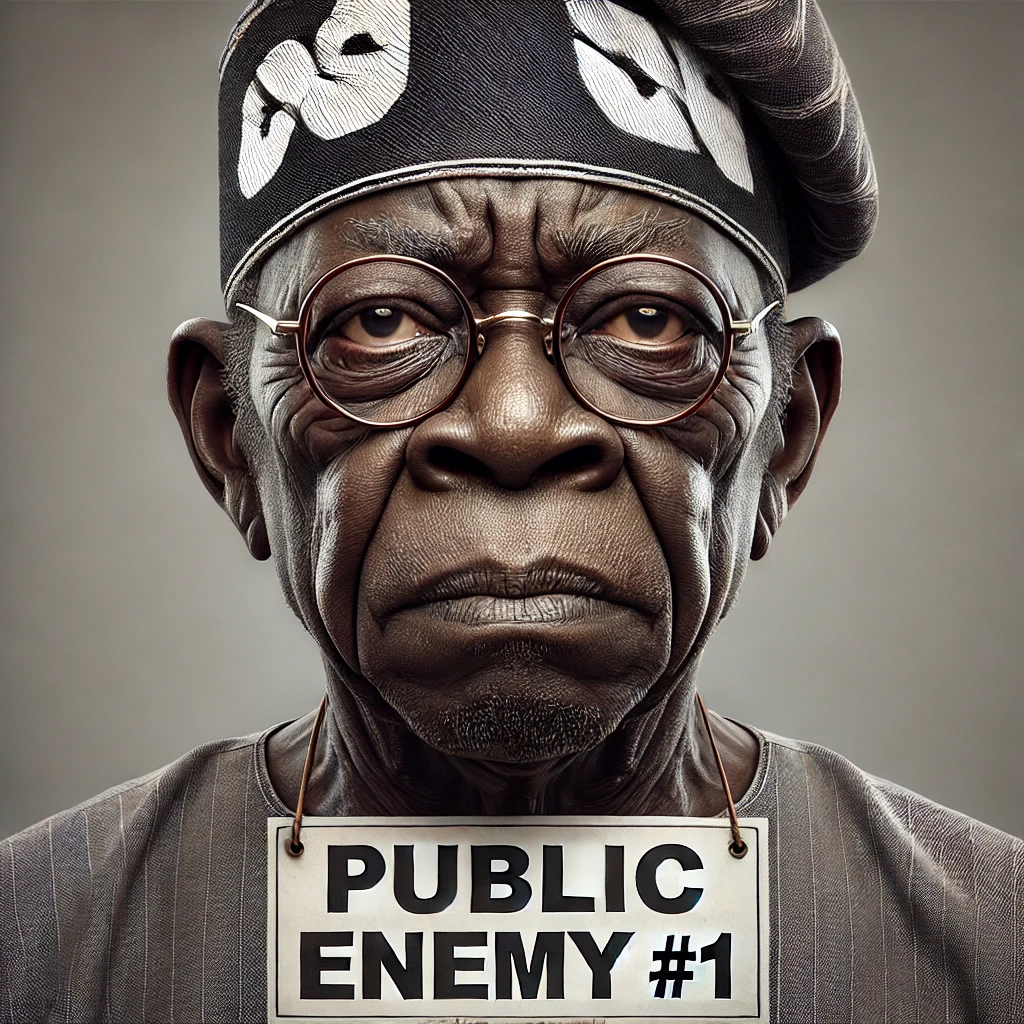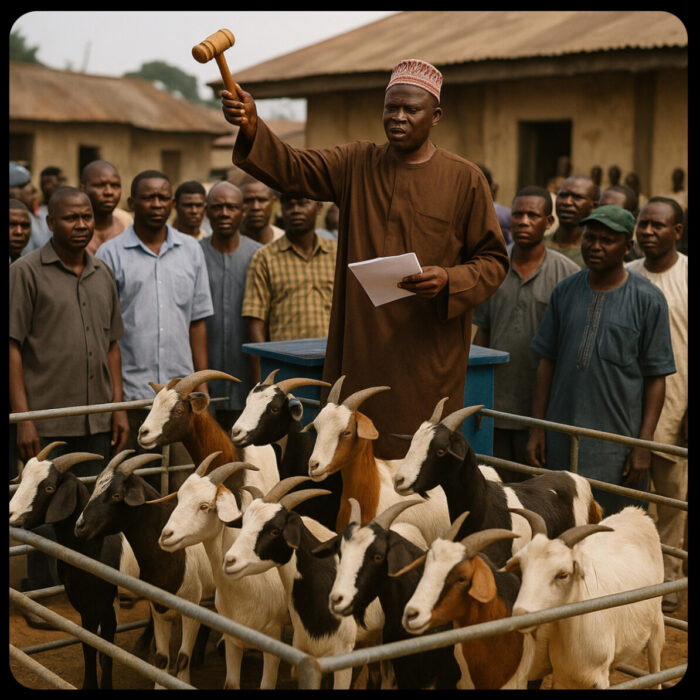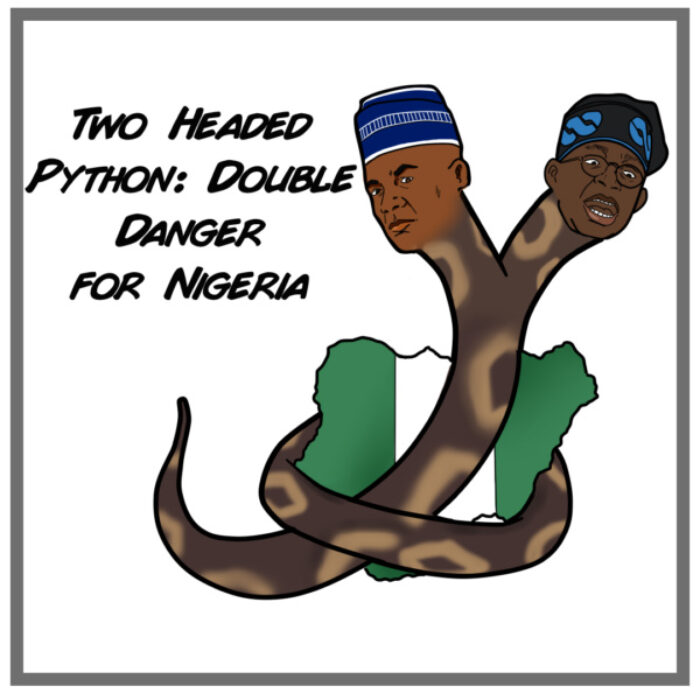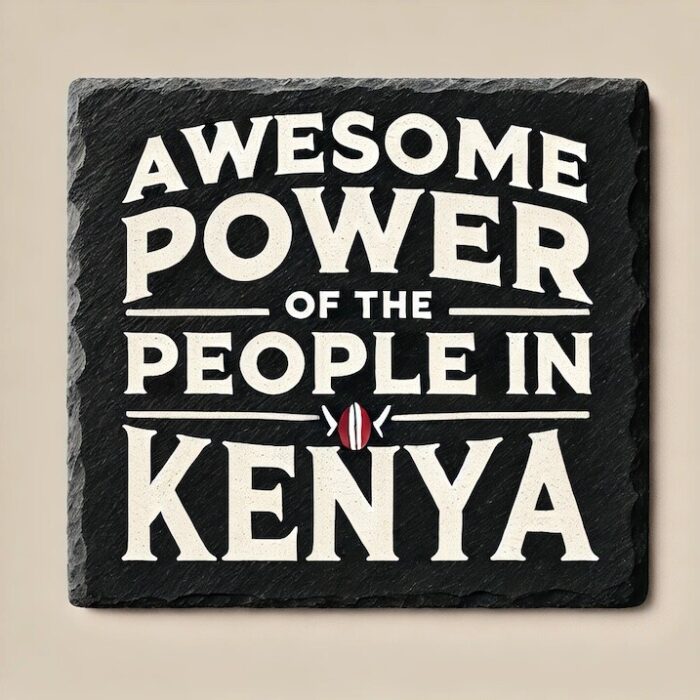By Prof. Jibril Umar
In criminal justice, a public enemy is an individual or entity deemed particularly dangerous, notorious, or harmful to society. This term is frequently applied to those acting against the public interest, causing significant harm or distress to society.
In a political context, a public enemy is a politician who profoundly betrays the trust of their constituents. By enacting policies that lead to mass suffering and death, such a politician epitomizes incompetent leadership and governance failure, violation of their oath of office, and public betrayal.
President Tinubu’s conduct in office exemplifies the definition of a public enemy. The overwhelming evidence against him is compelling and clear. His betrayal of the people is marked by the implementation of policies that have led to unparalleled mass suffering, starvation and unnecessary death.
Tinubu’s reckless policies have plunged the nation into chaos and inflicted untold hardship on countless individuals. His single-minded determination to continue disastrous policies without regard for human costs, unchecked by moral or ethical considerations, has resulted in the devastation of our society.
After one horrible year in office, Tinubu’s tenure has been marred by policy actions that starkly contrast with the promises he made to the nation as a candidate. In just one year in office, he has single-handedly destroyed the lives of millions of Nigerians by his gross misconduct.
Tinubu’s downfall and the harm caused to the nation began with a series of catastrophic decisions. He rashly removed the fuel subsidy and devalued the currency without considering the consequences or having a risk mitigation plan in place.
He tightened monetary policy by increasing the Minimum Discount Rate in an already struggling economy, raised electricity tariffs, and engaged in relentless borrowing and spending focused on consumption rather than production.
Consequently, Nigeria is trapped in a relentless cycle of debt repayment, holding a “junk” credit rating of Caa1 from Moody’s, indicating a very high-risk level of creditworthiness. High-interest rate payments on Nigeria’s junk bonds drain public resources and hinder economic growth.
Separately and combined, these policy blunders devastated the economy, causing thousands of businesses to fail or abandon the country, increased inflation and unemployment, and severely harmed citizens. These policy blunders were entirely avoidable.
What makes this a high crime and gross misconduct is President Tinubu’s failure to anticipate the devastating effects of his policies and his blatant disregard for expert advice and public welfare.
Instead of reversing course, he stubbornly persists with ineffective policies, fully aware that his headstrong decisions are causing further damage to lives and livelihoods. This reckless and willful neglect underscores his profound betrayal of the nation’s trust.
Despite his oath to protect citizens and prioritize the nation over personal and party interests, President Tinubu’s leadership, or lack therefore, has been marked by strategic missteps, incoherent policies and fiscal mismanagement, resulting in horrendous poverty and starvation.
The administration’s blatant neglect of ordinary citizens’ welfare is stark. While Tinubu and his officials enjoy opulent lifestyles, frequently traveling on private jets and in long, expensive limousine convoys, the majority of the population endures severe poverty and inequality.
This disparity has resulted in increased crime rates, violence, and kidnappings, making public safety a critical and deadly issue.
The label “Public Enemy” vividly reflects the depth of Tinubu’s failure and the severity of his impact. It underscores the devastating consequences of his actions and inactions, highlighting the urgent need for change. There is no indication that Tinubu will alter his course if he is not forced to do so.
Impeachment or Forced Resignation
Under the Nigerian Constitution, “gross misconduct” is grounds for impeachment. Gross misconduct is broadly defined as a grave violation or breach of the Constitution, which includes actions that significantly harm the country’s welfare.
President Tinubu’s policy decisions have led to severe economic distress, mass suffering, death, and social instability, amounting to gross misconduct and crimes against the people due to the following reasons:
Breach of Duty: Tinubu has purposefully prioritized policies that benefit a select few external and internal actors while causing widespread harm to millions of impoverished Nigerians. This breaches his duty to protect the interests and welfare of citizens, as mandated by his oath of office.
Economic Mismanagement: Tinubu’s reckless economic policies, coupled with irresponsible borrowing, excessive spending, rash devaluation of the currency, and the depletion of foreign reserves, have severely jeopardized the country’s economic stability.
These actions have led to increased inflation, higher unemployment, extreme poverty and widespread suffering. Such mismanagement violates the principles of good governance and fiscal responsibility as outlined in the 1999 Constitution.
Violation of Public Trust: Tinubu swore to uphold a duty of care to the Nigerian people, yet his lack of empathy as Nigerians starve to death is a profound breach of public trust. By approving lavish salaries and allowances for loyal government officials and the National Assembly while ordinary citizens suffer, Tinubu has abused his office. This constitutes a clear violation of public trust and is a key element of gross misconduct.
Constitutional Violations: Tinubu’s alleged incapacitation has resulted in persistent policy blunders, severe economic instability, insecurity, and widespread hardship for citizens, constituting a grave injustice against the Nigerian people. His repeated missteps have raised serious questions about his cognitive condition or incapacity to discharge the functions of the office under Section 144 of the 1999 Constitution.
These legal grounds support the argument that President Tinubu’s actions meet the threshold for impeachment due to gross misconduct, highlighting the severe impact of his decisions on the nation’s economic and social stability.
The National Assembly must consider bringing charges against President Tinubu, and if proven, these charges should lead to his immediate removal for the nation’s sake. Although impeachment can be a lengthy and politically contentious process, it is a powerful tool to hold Tinubu accountable for his devastating actions.
If Tinubu’s party and the National Assembly, where he holds a majority, are reluctant or incapable of removing him, public pressure and peaceful mass protests must be mobilized to compel his resignation.
Throughout history, many leaders have been removed from office for various reasons, often less severe than President Tinubu’s misconduct. Brazil’s Dilma Rousseff was impeached in 2016 for fiscal mismanagement, and Paraguay’s Fernando Lugo was ousted in 2012 over a deadly land eviction.
In Asia, South Korea’s Park Geun-hye was impeached and removed in 2017 over corruption and abuse of power, and Indonesia’s President Sukarno lost power in 1967 due to political pressure. In Africa, South Africa’s President Thabo Mbeki resigned under pressure after losing the support of his party, the ANC, due to controversies.
Europe has seen Ukraine’s Viktor Yanukovych flee during the Euromaidan uprising in 2014 and Italy’s Silvio Berlusconi resigned in 2011 amid legal issues. In Oceania, Solomon Islands’ Prime Minister Gordon Darcy Lilo was removed in 2014 after a vote of no confidence.
These cases demonstrate that politicians like Tinubu, who become public enemies, can be removed from office for gross misconduct. This encompasses mismanagement of public funds, betrayal of public trust, enacting harmful policies, and other serious crimes.
In sum, the time for change is now. Tinubu’s oppressive regime must end, making way for a new era of leadership defined by vision, compassion, integrity, and competence. The future of our nation and the well-being of its citizens depend on this vital transformation. Nigeria is bigger than Tinubu.





